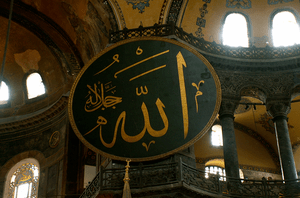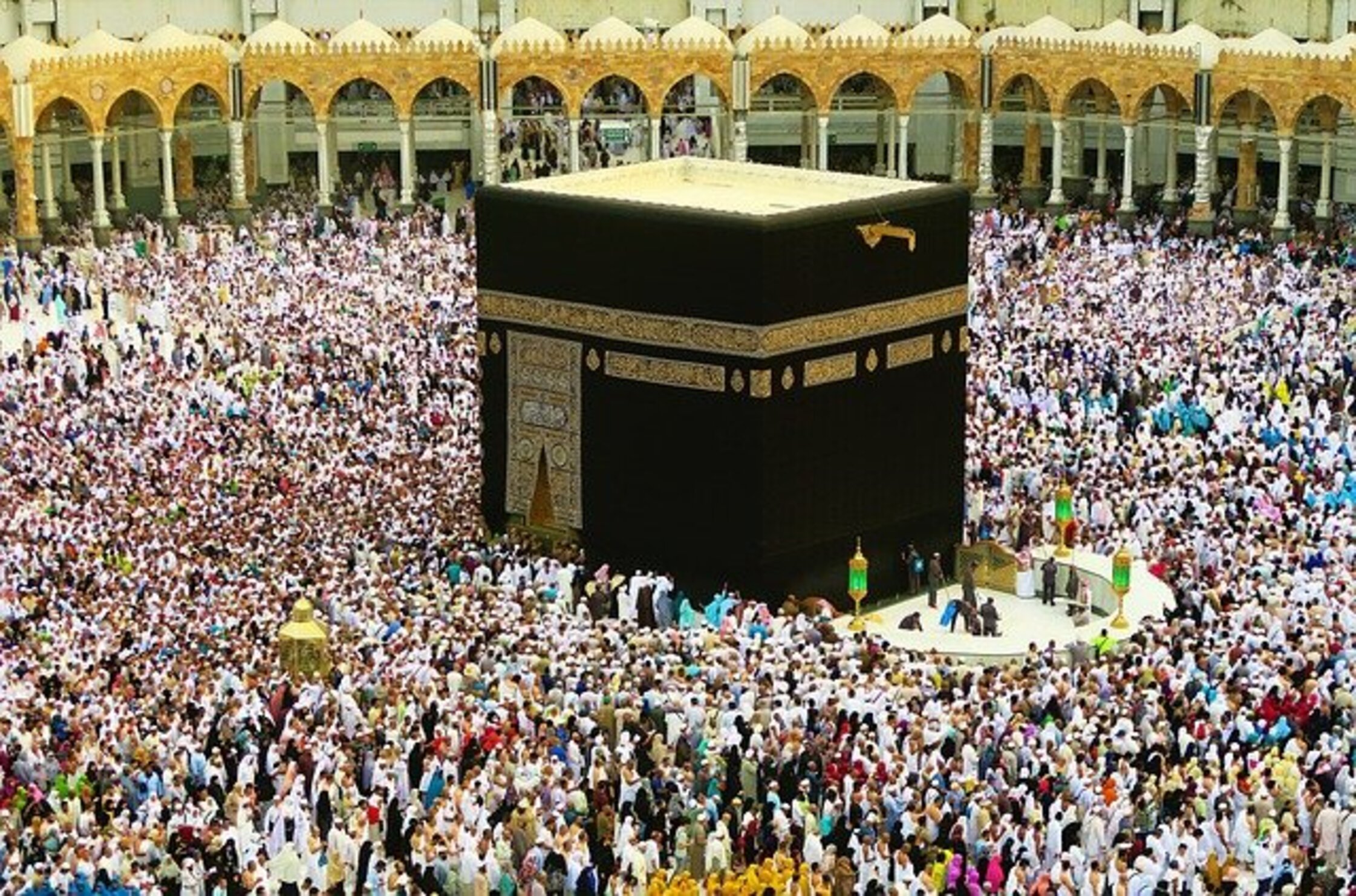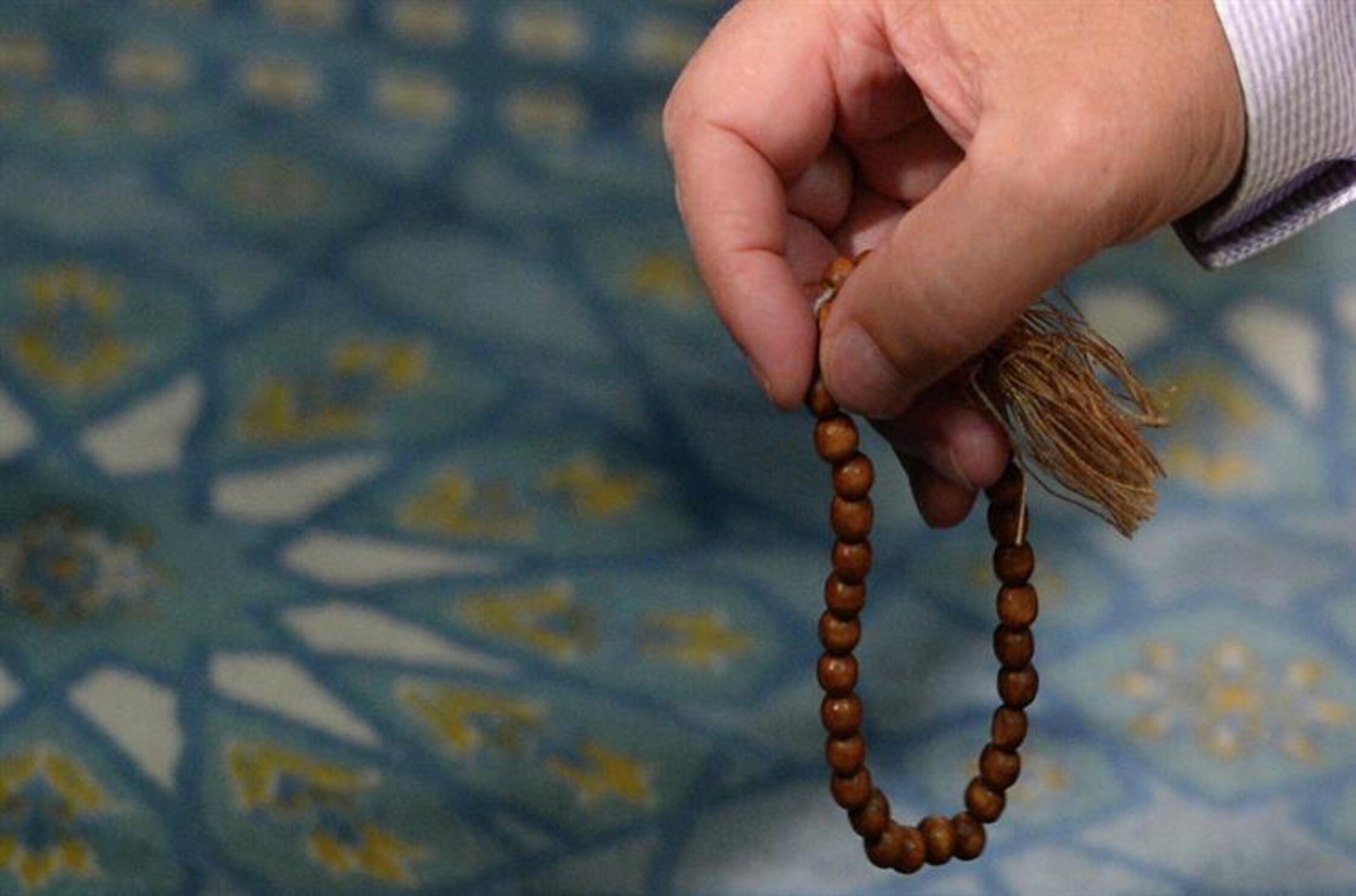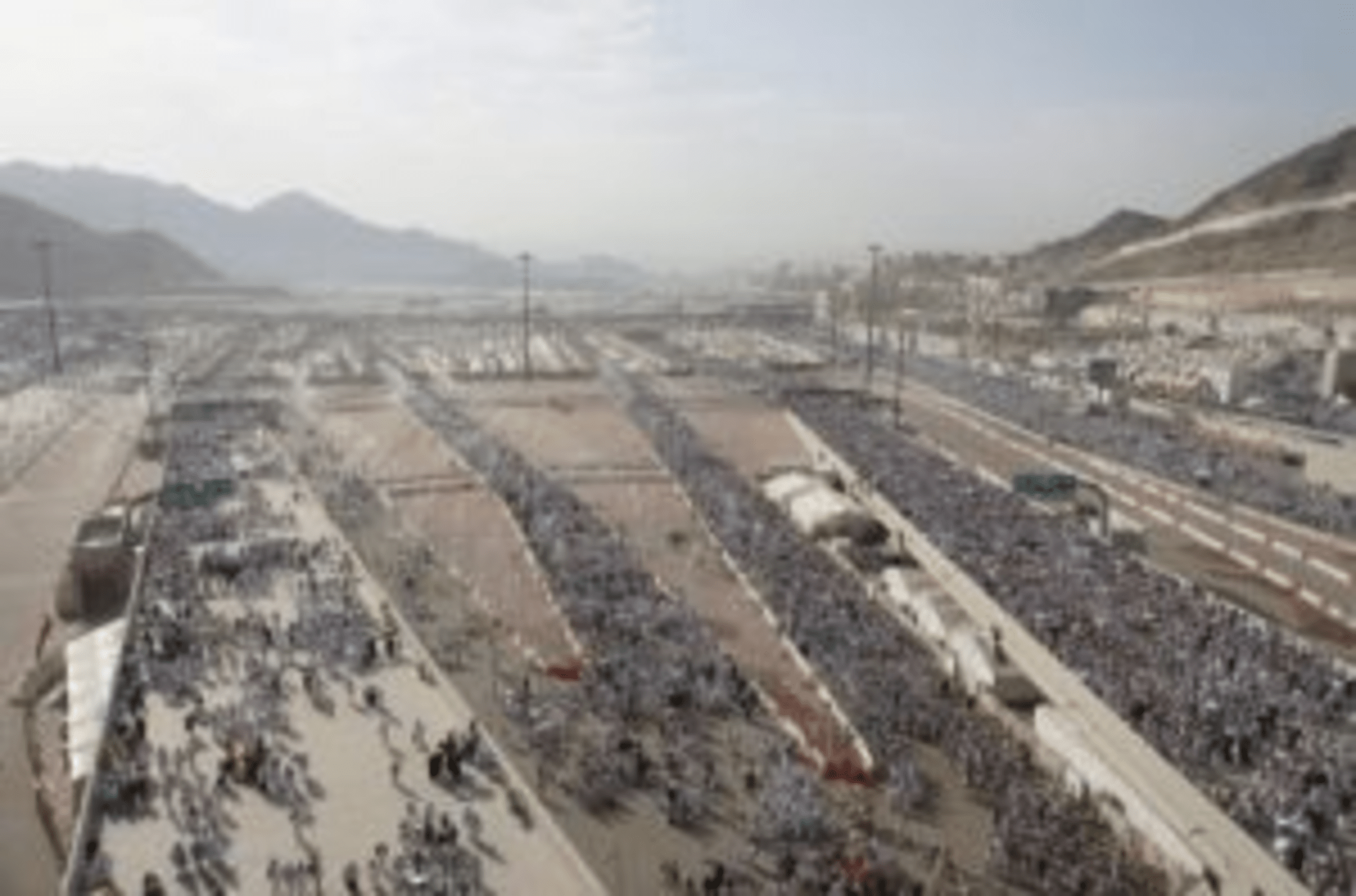Just as the recitation of the Qur’ān is the hallmark of Ramaḍān, dhikr is the hallmark of the blessed days of Dhul Ḥijjah. The Messenger of Allah ﷺ said, “There are no days greater in the sight of Allah, or in which good deeds are more beloved to Him than these 10 days. So recite a great deal of tahlīl (لَا إِلٰهَ إِلَّا اللّٰهُ), takbīr (اَللّٰهُ أَكْبَرُ) and taḥmīd ( اَلْحَمْدُ لِلّٰهِ”) (Aḥmad).
We should repeat takbīr in the masjids, in the homes and in the streets. ʿAbdullāh b. ʿUmar and Abū Hurayrah (radiy Allāhu ʿanhum) would go out in the marketplaces and recite takbīr loudly in these 10 days. Upon hearing them, the people would follow in suit and recite takbīr.
Along with this, the takbīrāt of tashrīq (اَللّٰهُ أَكْبَرُ اَللّٰهُ أَكْبَرُ لَا إِلٰهَ إلَّا اللّٰهُ وَاللّٰهُ أَكْبَرُ اَللّٰهُ أَكْبَرُ وَللهِ الْحَمْدُ) are to be recited audibly after each farḍ ṣalāh by both men and women, starting from the Fajr of the 9th of Dhul Ḥijjah till the ʿAṣr of the 13th Dhul Ḥijjah.
I came across people who would say the takbīr in the 10 days of Dhul-Ḥijjah (so frequently and loudly) that I would compare it to the crashing of waves. – Maymūn b. Mahrān (raḥimahullāh)
In these blessed days, we should also be consistent with the daily dhikr prescribed by our beloved Messenger of Allah ﷺ, such as the morning and evening adhkār, the adhkār before sleeping and the adhkār after ṣalāh.
To gain the full benefit of dhikr in these blessed days, it is important to understand the meaning of these short yet comprehensive words. Let us utter them with a deep reflection on the Perfect Names and Attributes of Allah, and His creation, so that we can increase our īmān in Him, and in our love and awe of Him.
Ibn al-Jawzī (raḥimahullāh) writes, “The heedless one says سُبْحَانَ اللّٰهِ out of habit. As for the conscious one, he is constantly thinking about the wonders of creation, or the awesome nature of the Creator, and this thinking drives him to say سُبْحَانَ اللّٰهِ.Thus this tasbīḥ is the fruit of these thoughts, and this is the tasbīḥ of the conscious…”
Tahlīl (لَا إِلٰهَ إِلَّا اللّٰهُ)
The greatest statement ever uttered, the foundation of faith and the cornerstone of existence itself لَا إِلٰهَ إِلَّا اللّٰهُ.
For it, the heavens and the earth were created. For it, thousands of messengers were sent. For it, the final hour will occur, the creation will be gathered and questioned, and then driven either into Hell or Paradise.
When uttered sincerely, it leaves the realms of this earth and ascends to the Magnificent Throne of Allah. It is the guarantor of one’s ultimate success: its utterer will be saved from Hell, and will be guaranteed Paradise and the intercession of the Prophet ﷺ.
ُلَا إِلٰهَ إِلَّا اللّٰهُ is the best form of remembering Allah (dhikr). It outweighs the seven heavens and the seven earths. On the Day of Judgement, it will outweigh all sins on the Scale.
What Does لَا إِلٰهَ إِلَّا اللّٰهُ Mean?
There is no god, deity or being which deserves to be worshipped and obeyed except Allah. It means to be a slave of Allah alone, and not of any another being, ideology, object or desire.
With it, we profess Allah’s Lordship over all creation, and thereby His exclusive right to be worshipped alone.
He Alone has the Most Perfect Names and Attributes. He is the King who has no partner, the One Who has no competitor, the Self-Sufficient Master who has no offspring, and there is nothing like Him. He is Unique; the First who was never preceded by non-existence and the Last who will never come to an end.
How Do We Internalise لَا إِلٰهَ إِلَّا اللّٰهُ?
To internalise لَا إِلٰهَ إِلَّا اللّٰهُ, we submit ourselves to Allah and worship Him alone. We fear none but Him and love none as much as Him. We depend only on Him, seek protection only with Him and invoke Him alone for help and forgiveness. We turn to Him alone for judgement in all matters. Our bowing, prostration and unyielding obedience is solely reserved for Him.
Tasbih, Tahmid & Takbir
سُبْحَانَ اللّٰهِ(tasbīḥ), اَلْحَمْدُ لِلّٰهِ (taḥmīd), and اَللّٰهُ أَكْبَرُ (takbīr) are amongst the most beloved statements to Allah.
Though easy to utter with our tongues, on the Day of Judgement, they will be heavy on the scales. They wipe away sins and lead to unparalleled reward. They cultivate the trees and plants of Paradise, and are a protection from the Hell-Fire. The Messenger of Allah ﷺ said, “Indeed what you remember of Allah’s Glory (by uttering) tasbīḥ, takbīr, tahlīl and taḥmīd, gather around the Throne of Allah, buzzing like bees, mentioning to Allah the person who uttered them. Do you not wish to have someone who mentions you by Him?” (Ibn Mājah).
What Does سُبْحَانَ اللّٰهِ (Tasbih) Mean?
سُبْحَانَ اللّٰهِ means to glorify Allah above any imperfection or deficiency i.e. Allah is free from all defects. Allah is the Most Glorified who has no partner or rival, who possesses every aspect of perfection, and whose actions are pure and free from evil.
What Does اَلْحَمْدُ لِلّٰهِ (Tahmid) mean?
اَلْحَمْدُ لِلّٰهِ is an expression that encompasses both:
(1) Gratitude for what Allah has blessed us with; īmān, life, health etc.
(2) Praise: Allah is worthy of every possible praise on account of His very existence, His mercy, beauty, generosity and all of His other noble Attributes and Names. All of His Attributes are perfect; be they of His majesty (jalāl) or beauty (jamāl). Even if none of His slaves praised Him, He would still be worthy of all praise.
In truth, it is Allah who praises Himself on the tongues of His slaves. Any slave who praises Him is only able to do so following His permission for such praise.
Our praise of Him emanates from our love and reverence of Him. Our praise of Him is, in fact, a blessing from Him which deserves even more praise. Even if we were to spend our entire life praising Him, this would be insufficient. Whilst uttering اَلْحَمْدُ لِلّٰهِ, we should reflect on the blessings of Allah and His Perfect Names.
The Messenger of Allah ﷺ said, “When Allah grants a blessing to a slave, upon which the slave praises Him, the praise of the slave is better than the blessing itself ” (Ibn Mājah).
What Does اَللّٰهُ أَكْبَرُ (Takbir) Mean?
اَللّٰهُ أَكْبَرُ means ‘Allah is Greater than…’ By not specifying what He is Greater than, we are saying that He is Greater than everything. Allah is Greater than anything we can imagine, and His greatness encompasses all things: He is Great in His Essence, His Names, His Attributes and His Actions. Allah is Supreme and Transcendent above every limitation and deficiency that is inherent in created beings.
سُبْحَانَ اللّٰهِ: Negating all defects, flaws, and shortcomings from Allah.
اَلْحَمْدُ لِلّٰهِ :Affirming all of the attributes of perfection and majesty for Allah.
اَللّٰهُ أَكْبَرُ :Magnifying Allah and proclaiming His greatness above everything.
The Messenger of Allah ﷺ said, “There is none who likes to be praised more than Allah does” (Bukhārī).








